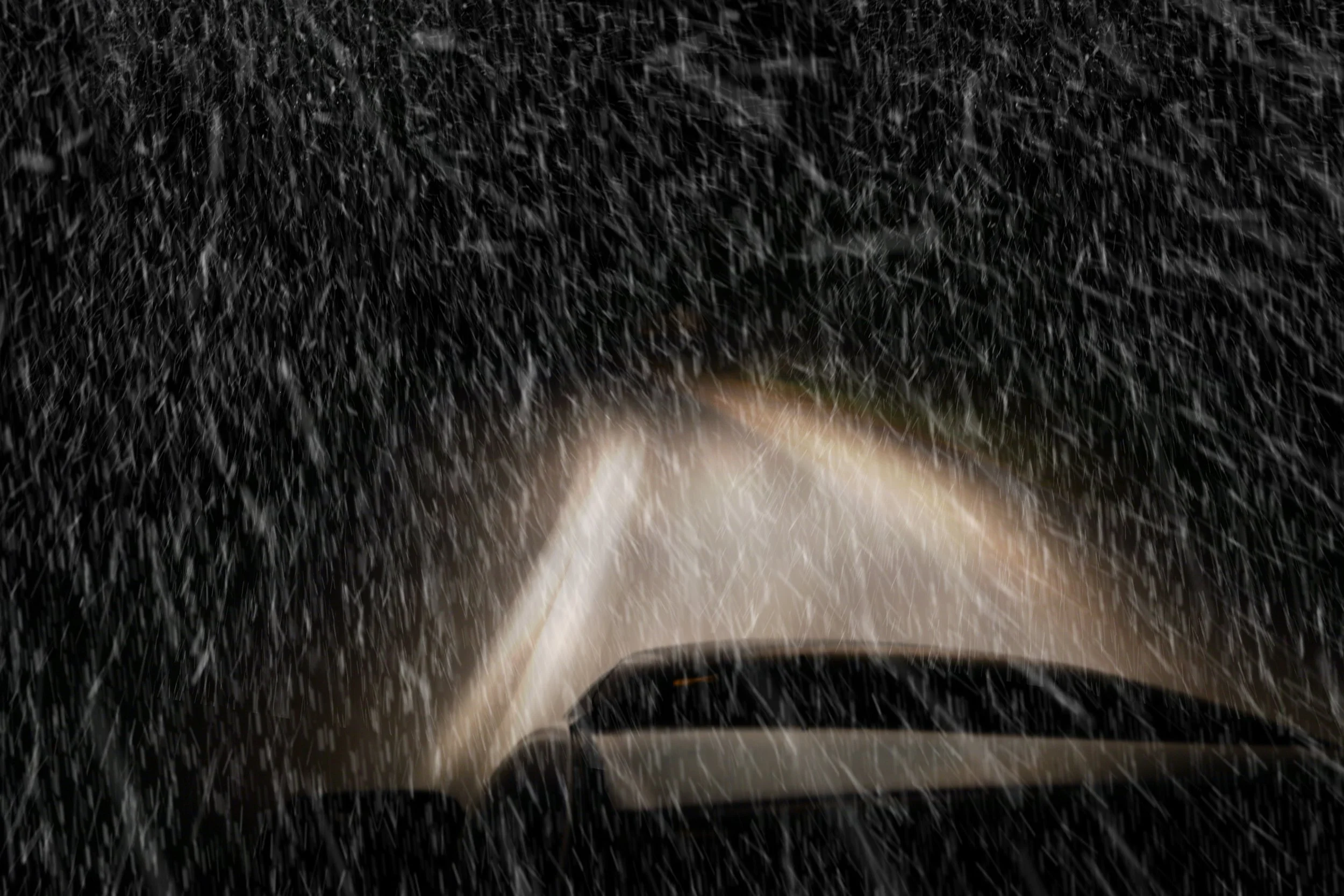So, turns out my little saga doesn’t end with the surgery.
Because of previous eye surgeries for retinopathy, getting multifocal replacement lenses was not an option. That means I came out of surgery still needing external corrective lenses.
Before the cataract surgery, I discussed options with my surgeon, and chose to be nearsighted. I have been since fourth grade, and I thought it would be easier psychologically to stick with the familiar.
We made the left eye reading range – 14 inches, and the right eye computer range – a few inches past reading range. I don’t remember exactly, but it works well. I can use my phone and laptop with no blurriness, and I can watch TV from my couch with just a little blurriness. Any further than that is fuzzier, but nothing unmanageable for working from home.
It also means that I have absolutely no distance vision. I drive a lot – my odometer currently reads 230,000 miles. At my surgeon’s suggestion, I made an appointment with a doctor who specializes in precisely calculated contact lenses. The usual course is to augment the new lenses with progressives, the contact lens version of multifocals.
But just as we were wrapping up, the doctor suggested another option. I could have one monofocal distance lens in one eye, and my brain would merge the two ranges to cover both close up and distance. In this case, we thought I should keep the reading distance eye as is and cover the computer distance eye with the contact lens. Computer distance might be a little blurred, but I have a laptop I can move closer if necessary.
I tried each option while I was in the office, but it was impossible to figure out which would fit my life best and be most comfortable. It’s a doctor’s office – hardly a place that mimics my daily environment, no matter how many appointments I have every year. So, I asked if I could take samples with me and try them out for two weeks, one for each option.
It actually didn’t take long for me to figure out which one I wanted. The progressive lenses required readers, which I had because I mistakenly thought they might help with the cataracts. (The issue with cataracts is light, not font size.) I have a habit of being on my phone while watching TV, and switching between glasses and no glasses made me a little nauseous. The single contact lens didn’t come with that issue, or any issues. The disparity between the fields of vision was minimal, and I know it will lessen even more as my brain adjusts and compensates. In fact, I found myself using it only if I needed to drive. The rest of the time, I would just go without distance vision.
So, that’s what I decided. I will get distance lenses for driving and things like hiking or sightseeing.
This is going to work, and I think it will work with even less hassle than pre-surgery.
This makes me happy.
The kickers: an epilogue on the epilogue.
There is good news and bad news. Which do you want first?
OK. I will start with the good news.
I recently had the opportunity to test my night driving. Deteriorating vision while night driving was the primary driver for finally getting surgery, especially when it was rainy, because the lane markers would disappear and the glare of oncoming headlights, temporarily blinded me.
Two days ago, I was at an event about 20 miles from home, and I knew it would end after dark. It was even a little sprinkley outside. The drive was one I knew well because I used to work in the area, and it was after rush hour.
It was the softest environment possible to see whether my issues with night driving had been resolved.
This is what I noticed: Better contrast meant I never lost sight of the lane lines, and while there was a residual halo effect around oncoming headlights, it wasn’t blinding.
That’s about as good as it was going to get.
So, now I can drive at night AND read small print. The surgery has accomplished what I wanted it to, and with minimal burden. The best possible outcome.
Now, the bad news.
When they replaced my lenses, it was with an artificial product that will never change. However, there are capsules of natural tissue that hold the artificial lenses in place. Eventually, the capsules will start to cloud, and I will need another surgery to cut a line in the capsule to allow light in, a laser capsulotomy.
I have had laser surgery before, and it’s nothing compared to cataract surgery. But it is kind of a bummer that somewhere between four and 24 months from now, I will need another surgery for this same problem.
Oh, well, I’ll deal with it when I need to.

